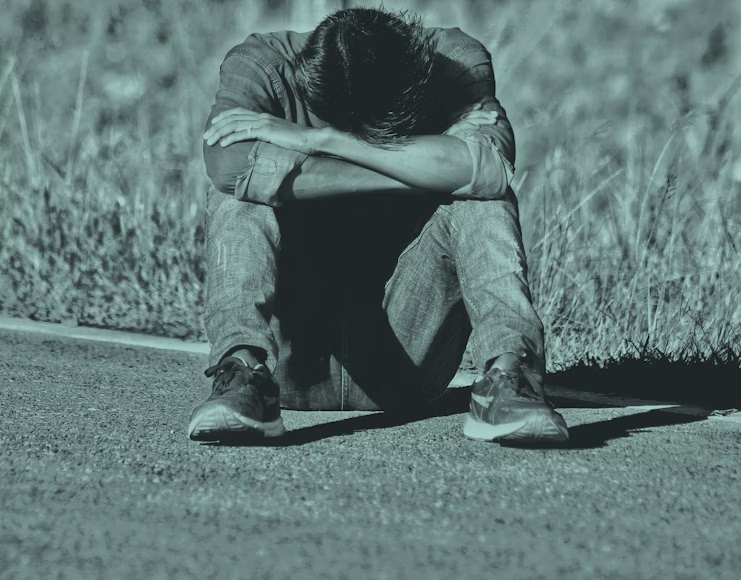Every year, September is recognized as Suicide Prevention Awareness Month in the US, uniting communities, organizations, and individuals in a shared mission to raise awareness and save lives. Suicide Prevention is no longer just a health sector responsibility; it’s a community priority. The tragic reality is that suicide remains a leading cause of death among young people and adults, making Suicide Prevention efforts more crucial than ever.
Why Suicide Prevention Awareness Month Matters
Suicide Prevention Awareness Month shines a spotlight on the urgent need for open conversations about mental health. Stigma and silence are often the biggest barriers to seeking help. With Suicide Prevention as the central focus, people are encouraged to share stories, promote hope, and connect those in need with life-saving resources.
This month serves to remind everyone that support is available and that communities can come together to build networks of care. Schools, workplaces, faith groups, and online communities throughout the US are holding events, hosting workshops, and distributing resources to make Suicide Prevention more approachable and effective.
Key Suicide Prevention Initiatives in September
Numerous organizations are rolling out fresh Suicide Prevention Awareness campaigns across America this month. National hotlines and text services are being promoted more widely, while mental health first aid training is being offered to teachers, parents, and community leaders. These trainings help ordinary people recognize warning signs and provide initial support, a critical part of effective Suicide Prevention.
Community events such as remembrance walks, candlelight vigils, and awareness runs are not only emotionally powerful; they also fund essential Suicide Prevention services and spark conversations. Social media campaigns #BeThere and #EndTheStigma bring together millions, spreading messages of hope and resilience that are central to the Suicide Prevention movement.
Recognizing the Signs
One of the most important aspects of Suicide Prevention Awareness is education. Knowing the warning signs—like drastic mood changes, social withdrawal, expressions of hopelessness, or talking about wanting to die—can make all the difference. This month, mental health organizations provide resources to help people understand these signs and respond with empathy and action.
Timely intervention, compassionate listening, and connecting a person with professional help are key elements of successful Suicide Prevention. No one should feel alone, and September’s message is that support is always within reach.
Expanding Access to Suicide Prevention Resources
A major theme this year is accessibility. New digital platforms, crisis chat services, and culturally tuned resources are expanding the reach of Suicide Prevention. Many local health departments and nonprofits are focusing on vulnerable populations—including LGBTQ+ youth, veterans, and marginalized communities—to ensure help is available to everyone who needs it.
Funding from federal, state, and local sources is being directed toward strengthening hotlines, hiring more counselors, and creating new outreach programs during Suicide Prevention Awareness Month. Collaboration and compassion lie at the heart of these expanded efforts.
A Call to Action
Suicide Prevention is a shared responsibility. As September unfolds, everyone is urged to educate themselves, check in on loved ones, volunteer, or share support on social media. Small actions—like sending a caring text, volunteering for a hotline, or posting about Suicide Prevention resources—make a meaningful difference.
Together, communities can save lives, foster hope, and end the stigma surrounding mental health and Suicide Prevention.
Frequently Asked Questions –
What is Suicide Prevention Awareness Month?
It’s a national effort every September in the US to raise awareness, educate the public, and promote resources for Suicide Prevention.
What are some effective Suicide Prevention strategies?
Recognizing warning signs, open conversations, crisis hotlines, mental health training, and accessible counseling services are all effective strategies.
Who should get involved in Suicide Prevention?
Everyone. Friends, family, teachers, employers, and community leaders all play essential roles in the Suicide Prevention network.
Where can someone in crisis find immediate help?
They can call or text the Suicide Prevention Lifeline (988 in the US) or access crisis chat resources anytime.







